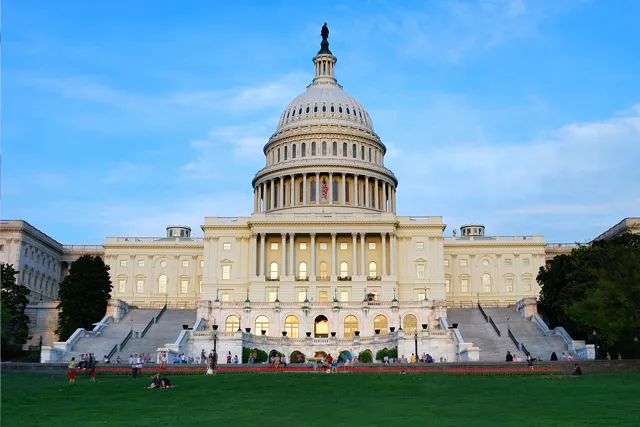West Virginia Lawmakers Propose New Telemarketing Restrictions
Two new bills proposed in West Virginia would restrict telemarketing practices. Introduced in late January, these bills mirror many of the restrictions put forth by other state “mini-TCPAs.” While still in the early stages, both HB4886 and SB500 impose new considerations for those operating in the industry.
West Virginia HB4886
The purpose of the first bill is to crack down on phone companies that allow telemarketing calls to go to individuals with no callback option. Legislators are looking to hold telephone companies accountable when they knowingly allow telemarketers to use phone numbers that have no ability for an individual to call that number back and speak to a representative of the company.
If passed, HB4886 would impose a civil penalty of $1,000 per instance on phone companies that allow these types of calls to occur knowingly to residents of West Virginia using a West Virginia or United States area code. These provisions would not apply to call centers registered in the United States or foreign call centers that contract with a company registered in the United States.
West Virginia SB500
The second bill, SB500, would amend West Virginia’s existing consumer protection statutes with new definitions, exemptions, and restrictions. Key points of SB500 include:
- Like other states, such as Maryland, SB500 references automated technology with the phrasing “…an automated system for the selection or dialing of telephone numbers” in the definition of express written consent, expanding the definition from the federal statute
- The definition of an established business relationship would be restricted to include communications that are initially intended for information or based on further inquiry from the customer
- Caller ID requirements
- Telephone solicitation calls would be restricted from 8:00 AM to 8:00 PM in the called party’s time zone
- No more than three attempts to the same called party during a 24-hour period on the same subject matter or issue can be made
- Prohibits callers from disguising or altering their voice to disguise or conceal the identity of the caller to defraud them or obtain personal information from the caller party that could be used in a fraudulent manner
- Allows for a rebuttal presumption that calls made to West Virginia area codes are made to residents or a person who is reasonably presumed to reside or have a place of business in West Virginia at the time of the call
CompliancePoint will continue to monitor these bills and other state laws for any developments. If you have any questions about complying with state telemarketing laws or whether they apply to you, please contact us at connect@compliancepoint.com.
Finding a credible expert with the appropriate background, expertise, and credentials can be difficult. CompliancePoint is here to help.





